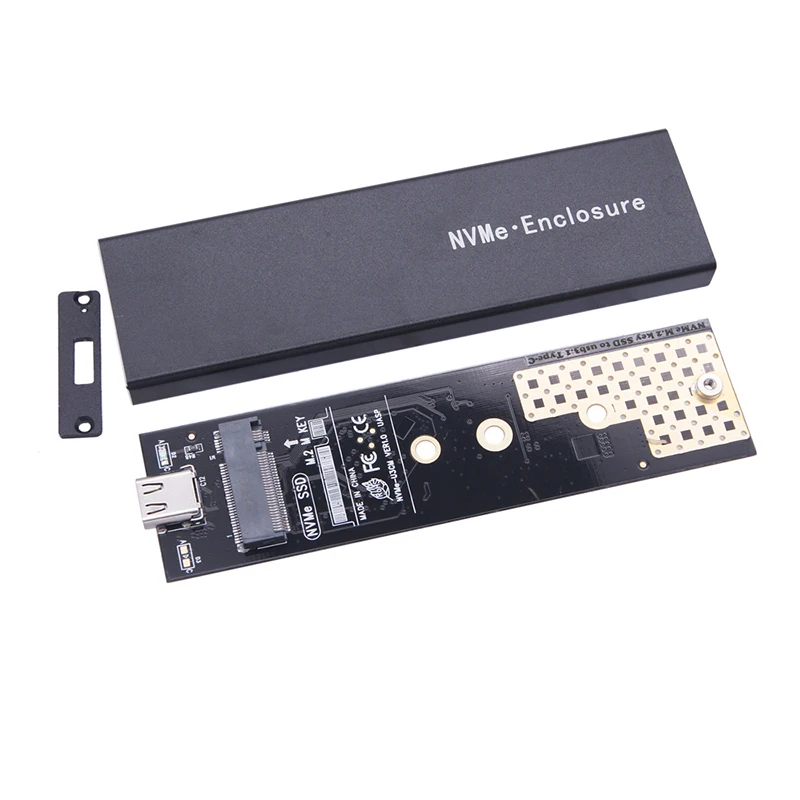External Hard Drives: Your Ultimate Data Storage Solution
In today's digital age, where information is constantly generated and shared, the importance of reliable external hard drives cannot be overstated. Whether you are a tech enthusiast, a professional content creator, or simply someone looking for adequate data backup options, understanding the role these devices play in our daily lives is crucial.
External hard drives serve as essential tools for managing our ever-expanding data requirements. They offer a vast array of benefits, ranging from enhancing your computer's performance to safeguarding your valuable data against unforeseen circumstances. With the proliferation of files, images, videos, and documents, the need for effective portable storage solutions has never been greater.
This blog post delves into the world of external HDD reviews, analyzing the best external hard drives available in the market today. We will explore their features, comparing speed, capacity, durability, and portability to help you make an informed decision that caters to your specific storage needs. Additionally, we will highlight the essential factors to consider when choosing an external drive, ensuring you find the perfect match for your requirements.
Join us as we unlock the potential of external hard drives and discover how they can transform the way you manage your data, allowing you to keep your digital life organized, secure, and efficient. Let’s embark on this journey to find the best storage solution tailored just for you!
Overview of External Hard Drives
What are External Hard Drives?
External hard drives are portable storage devices that connect to your computer through a USB, Thunderbolt, or eSATA port. Unlike internal hard drives, which are built into the chassis of a computer or laptop, external drives are standalone units, making them easily transportable. Their primary function is to store vast amounts of data, including documents, photos, videos, and software applications. This ability to host large volumes of information is what makes them incredibly popular for various data management needs.
Common Uses for External Hard Drives
External hard drives serve multiple purposes, making them indispensable in today’s digital lifestyle. Here are some common uses:



















































































































































































































































































